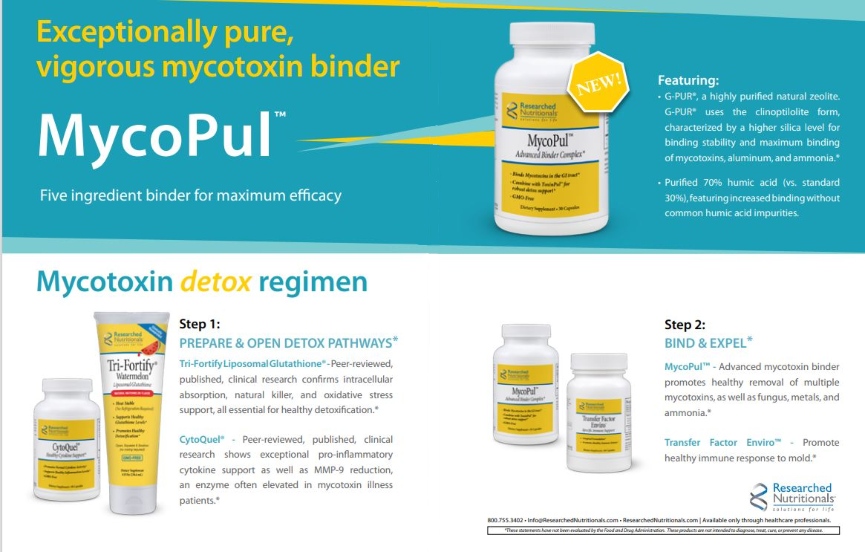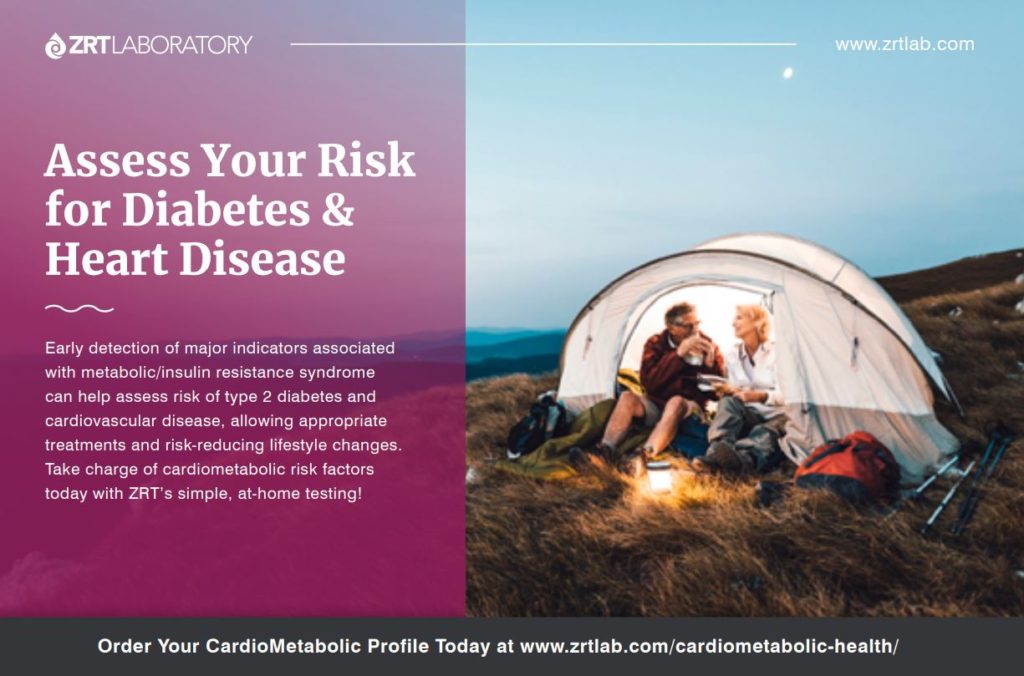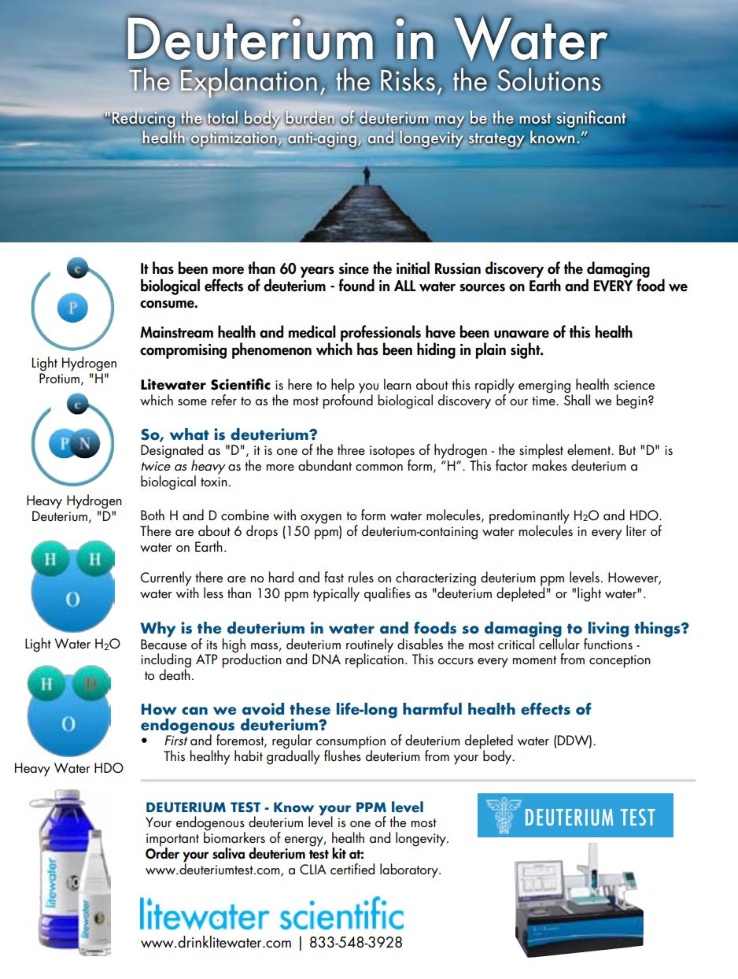By Debby Hamilton, MD, MPH
Introduction
The issue of how to vaccinate people safely and effectively is at the forefront of thought as we try to tame a pandemic of SARS-CoV-2. If we accomplish this, we should be able to achieve herd immunity and return to a familiar way of living more quickly. Both the safety and the efficacy of vaccines are critical. The vaccines need to protect against infection and disease in order to dampen the pandemic. They also need to be safe so that enough people will not become ill from the vaccine itself. While there will always be side effects from vaccines, there are ways to naturally support the body to lessen these side effects without decreasing the efficacy of the vaccines. This nutritional support can be easy for patients to implement surrounding the time of vaccination and are applicable for all vaccines.
Types of Vaccines
The definition of a vaccine is a biological product that is used to induce a protective immune response to an infection that causes a disease when exposed subsequently to the infection.1 Not all vaccines are the same in terms of development or efficacy. Vaccines have traditionally been defined as live or non-live (inactivated). Live vaccines such as the MMR are attenuated replicating strains of the pathogen. Traditional live vaccines produce a strong immune response. The concern is in immunosuppressed hosts that a live pathogen vaccine can spread the organism to the host or close immunosuppressed contact.1
Non-live vaccines contain a component that has antigenic properties to stimulate an immune response. These range from killed whole organisms (for example, inactivated polio), purified pathogen proteins (ex, acellular pertussis), recombinant proteins (ex, Hepatitis B vaccine) or polysaccharides (ex, pneumococcal vaccine).1 Toxoid vaccines such as the tetanus vaccine use formaldehyde-inactivated proteins. The non-live vaccines do not produce as strong an immune response as the live vaccines. In order to increase the immunogenicity of the non-live vaccines, adjuvants are added. Adjuvants are substances that drive innate immune system pattern recognition receptor (PRR) activation.2 Because the most common adjuvant is aluminum salt there have been health concerns because of the potential toxicity of excess aluminum. New adjuvants are being developed such as liposome based or oil in water emulsions.1 Additionally, vaccines contain preservatives such as polysorbate 80 and stabilizers such as gelatin and sorbitol. From development of the vaccines, some contain small amounts of antibiotics, egg proteins, yeast proteins, and formaldehyde.
The first two COVID vaccines use a new mRNA technology. They use mRNA which is messenger RNA that instructs our cells to make a spike protein found on the outside of the SARS-CoV-2 virus. The cells make the protein from the mRNA directions, but the mRNA never enters the nucleus of the cells where the DNA resides. This newly made spike protein is displayed on the outside of the cell which triggers an immune response to the SARS-CoV-2 virus.3 After two doses, both vaccines appear to have a strong immunogenic response. Additional ingredients in these vaccines include polyethylene glycol (PEG) to help the mRNA enter the cell. The concern with this ingredient is a potential allergic reaction from PEG antibodies from previous exposure to the chemical.
Protective Immune Response
Much like a natural infection, vaccines trigger an innate immune response that activates an adaptive immune response. The adaptive immune response contains both a cell mediated immune response by activated T lymphocytes and humoral immunity from B cells producing targeted antibodies.4 This creates long-term immunological memory and protection from infection from antibodies and memory cells.4
Risks for Decreased Immune Response to Vaccination
The immune response to vaccination can vary greatly between individuals. Increased age is one of the primary factors associated with a decreased response to vaccines. Aging is associated with a shift toward anti-inflammatory interleukin-10, which is associated with a decline in CD8 T cell response.5 The immune response to vaccines as people age is overall associated with decreased antibody and cellular immune responses.5 Neonates can also have lower antibody responses, lower cellular immunity responses, and poorer response to polysaccharide antigens.6
Variation in immune response in individuals can include multiple other factors in addition to age. The microbiome plays a role in the immune system. Changes of specific microbiota strains in the intestine and the lungs have been associated with decreased immune responses.7-9 Current viral infections and the use of antibiotics may lessen immune response also.5 Knowing this information may help with the timing of vaccines away from other illness. Behavioral factors that influence general immunity such as sleep, stress, alcohol, and smoking can also play a role in altered vaccine immunity.
Nutrition plays a large role in the maintenance of a strong immune response. Poor nutrition or a decrease in essential nutrients that are integral for a strong immune system can lessen the response to a vaccine. Vitamin D is one of the most researched nutrients for immune response to vaccination. In terms of the immune system, vitamin D plays a role in innate, humoral, and cellular immune responses.10 Vitamin D supplementation before vaccination leads to higher immune markers of a positive immune response for both tetanus and influenza vaccines.11,12 Vitamin A also plays a role in both innate and adaptive immune responses.13 Several studies have shown the supplementation of vitamin A and D in infants lead to stronger immune responses.13,14 Vitamin C is well known for its role in immune support. It impacts multiple immune functions, including function of both innate and adaptive immune cells, phagocytosis, and antibody function.15,16
Micronutrients and minerals also play a role in supporting immune function. Micronutrient deficiencies lessen immune function and decrease resistance to infections.15 The mineral zinc is important for both innate and adaptive immune function. Zinc deficiency is one of the more common mineral deficiencies. If zinc is low it can negatively impact the function of lymphocytes, intercellular cytokine communications, and decrease first line innate immunity.16-18 Overall malnourishment can contribute to decreased vaccine responses also. Research on malnourished children has shown decreased immune responses to multiple vaccines.5
Immune Support and Nutritional Support
In order to maximize the immune reaction to a vaccine, the immune system needs to be healthy and strong. General nutritional supplementation with a targeted multi-vitamin can have a large impact. I usually recommend one week before to two weeks after a vaccine, a general immune and nutritional support program along with detoxification support described below.
I begin with the basics of a multi-vitamin with minerals such as the Physician’s Daily (Researched Nutritionals) or individual supplementation of vitamin A 2500 IU’s daily, vitamin D 2,000 IU’s daily (or more if levels are low), zinc 25 mg, and vitamin C 1,000 mg plus. With COVID there is evidence that elevated intake of vitamin C of several grams a day helps decrease morbidity and mortality.19,20 Because of this, I add extra vitamin C; and since liposomal C is better absorbed with lower GI side effects,21 I often recommend liposomal C-RLA (Researched Nutritionals) at 3,000 mg a day.
Detoxification Support
While vaccines provide us with immune protection from infection, they are also pharmaceuticals and contain adjuvants such as aluminum and other ingredients that the body needs to process. As we are introducing foreign substances into the body, it makes sense to support the detoxification pathways in the body to process these substances safely. The liver is one of our major detoxifying organs, and it relies on the master antioxidant, glutathione, to perform its role. In addition, intracellular glutathione levels impact lymphocyte function.22 Depletion of intracellular glutathione inhibits activation of lymphocytes by an antigen, which is what we need for activation of an immune response to a vaccine antigen.23 Intake of glutathione has been shown to increase the function of natural killer cells.24 For glutathione, I recommend Tri-Fortify® Liposomal Glutathione at 450 mg daily one week before vaccine to two weeks after, depending on whether doing a one or a two dose vaccine series. The liposomal form of glutathione has been shown to improve absorption.24







